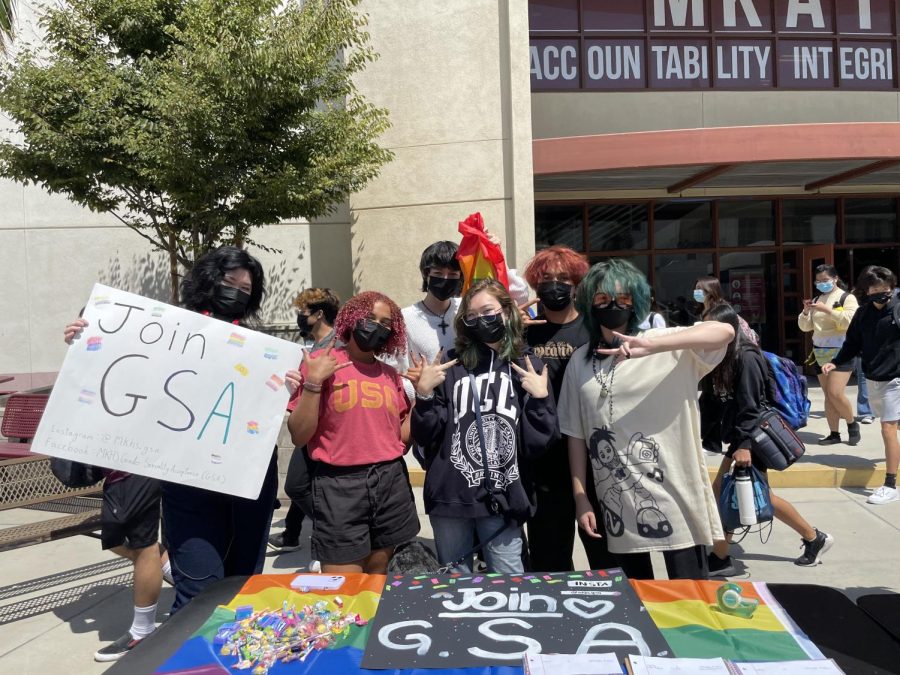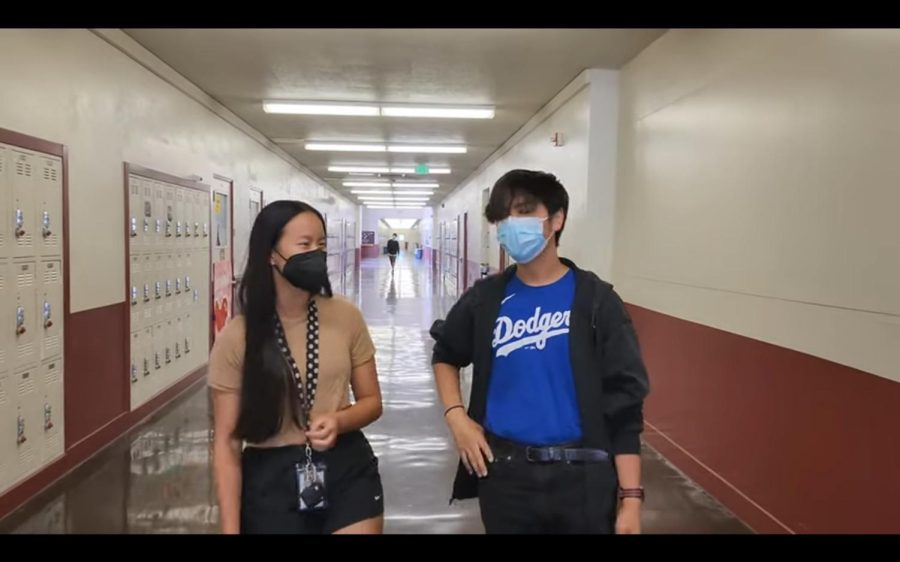No D/F grade: Alhambra Unified School District Projected Policy
March 5, 2021

In the Alhambra Unified School District public session board meeting on February 23, 2021, Assistant Superintendent of Educational Services Janet Lees presented a review for the first reading on the “Grading During the COVID-19 Pandemic” resolution, which modifies AUSD Administrative Regulation 5121. “A lot of this is connected to what your goals are and where you want to go as students. We need to do everything we can to get students to make up their marks so that their marks turn into at least a ‘C’,” Lees explains.
The resolution states that in the whole duration of the pandemic, district students who receive a below-70% “Credit” grade will receive the appropriate semester units for the course, and the new grade for that course will not have any effect on their overall GPA. Students who receive the “Credit” can be assisted through enrichment opportunities such as specialized afterschool/summer support to address that “unfinished” or “missed” learning.
The grading policy has received mixed reactions from students, teachers, and staff. A poll that was conducted via our Aztec Newspaper Instagram page shows that out of 169 people, 108 are in favor of the policy, 30 are against the policy, and 31 remain undecided. Students who were against the policy have similar thoughts to junior Kelly Chen who stated, “I believe it is unfair to many of those students who actually tried to get a good grade.” However, others like Eric Law, a junior at Mark Keppel, argue in favor, saying that “We are given tests for stuff that gets covered in a normal school setting but not in distance learning.”

Voicing her opinion as an MKHS staff member, English teacher Ms. Carmona stands firm in favor of the policy. Given the unprecedented circumstances rendering each student situation different, she has been working to eliminate point reductions for assignments that are turned in late and hope the policy can be enacted to help provide for the students as well. “I cannot presume to know how all students will feel but I hope that students who are experiencing family, financial, mental health, or academic struggles will feel valued and supported,” she shares. Sophomore Jasmine Kwan agrees as well, “It’s very difficult to process information when all teaching is through distance learning. This makes it harder for students to ask questions or completely understand a concept, as hand-on activities or other supplemental help cannot be provided virtually.”
Two primary concerns from the undecided population questioned whether the policy was mainly constructed for the purpose of creating a better school reputation, and how this policy could affect other students’ motivations if they receive similar grades that measure different levels of understanding. Another point circled on how staff would get students with “Credit” to take advantage of the educational opportunities. When asked if they would utilize the opportunity given, Junior Derick Duong stated that, “If it’s a class I don’t really care about, probably not. If it’s something regarding my major, then probably.” During the public session, board member Marcie Wilson asked, “What are the incentives and opportunities used to encourage students to get that supportive enrichment, and what would be the format for that?”
“It’s not about negating or compromising the hard work other students are doing, it’s not intended to be like that.” Lees holds her goal clearly, “My perspective is that no matter what we put there, it all equates to our goal to have students meet those minimum proficiencies.” She believes that the choice to utilize those enrichment programs is ultimately relative because holding kids outside the mandatory school period is prohibited without their consent. Lees establishes that “At the end of the day, final grading is up to the teacher”.
For more information on the grading policy, click here





















